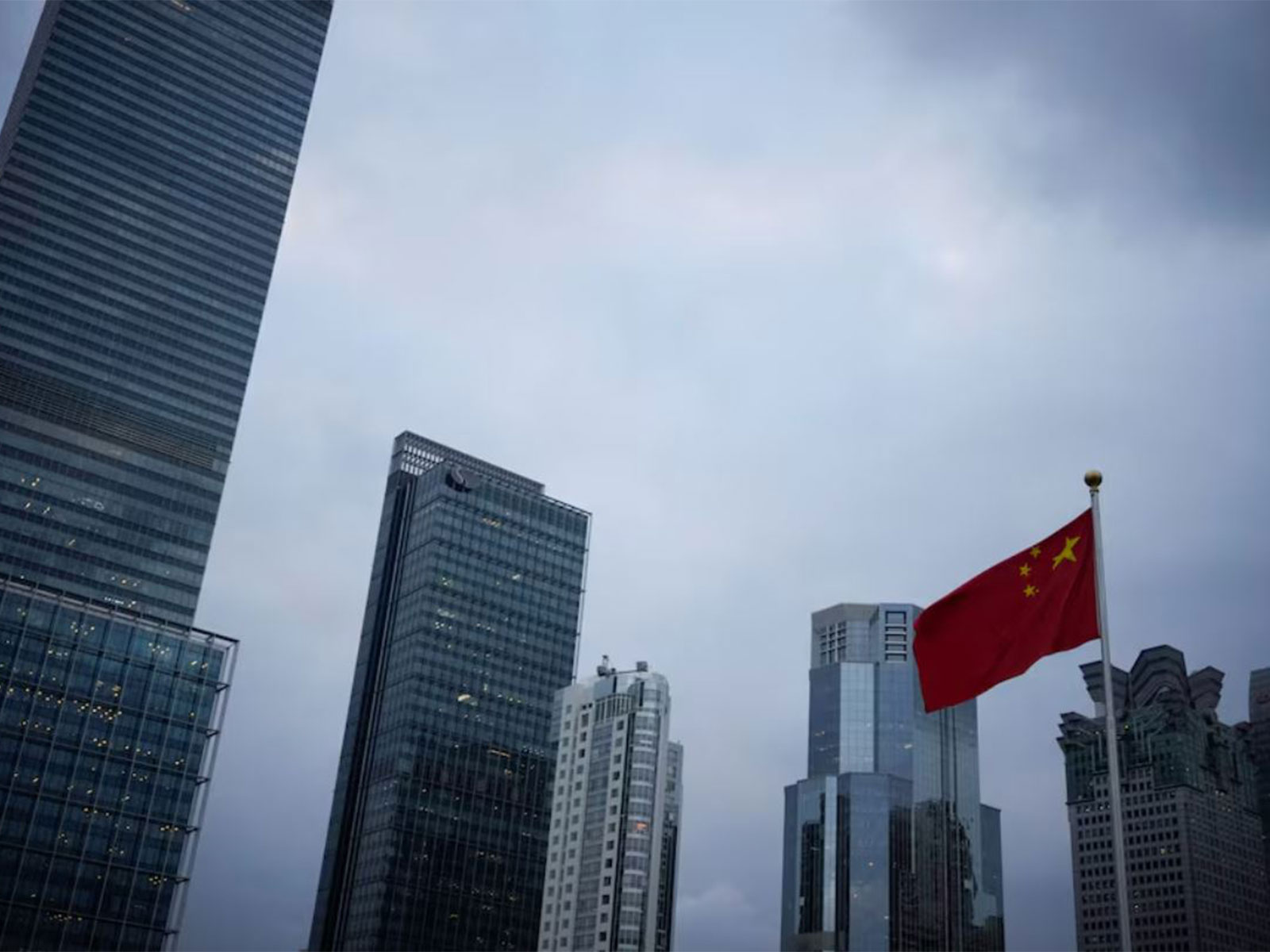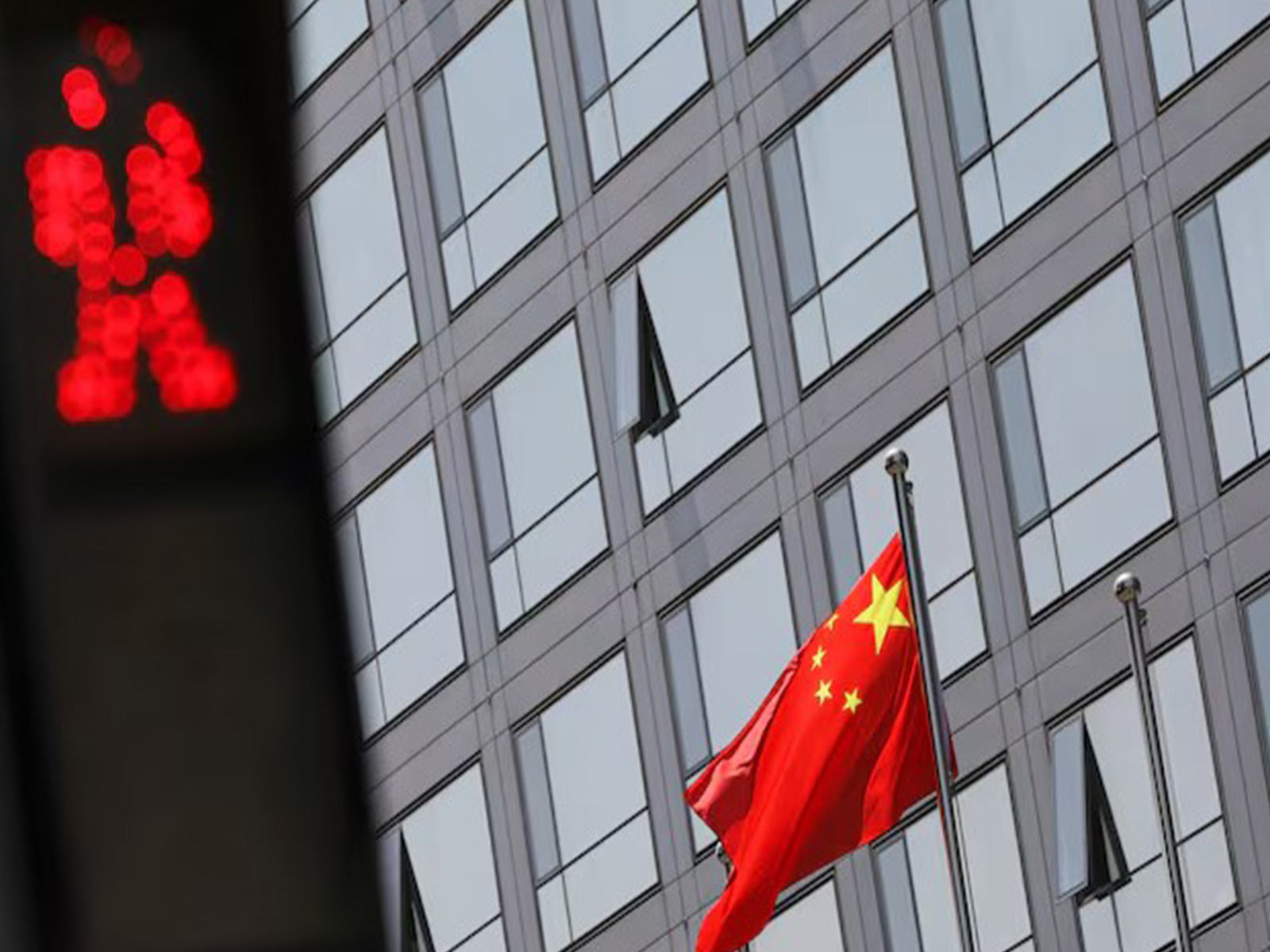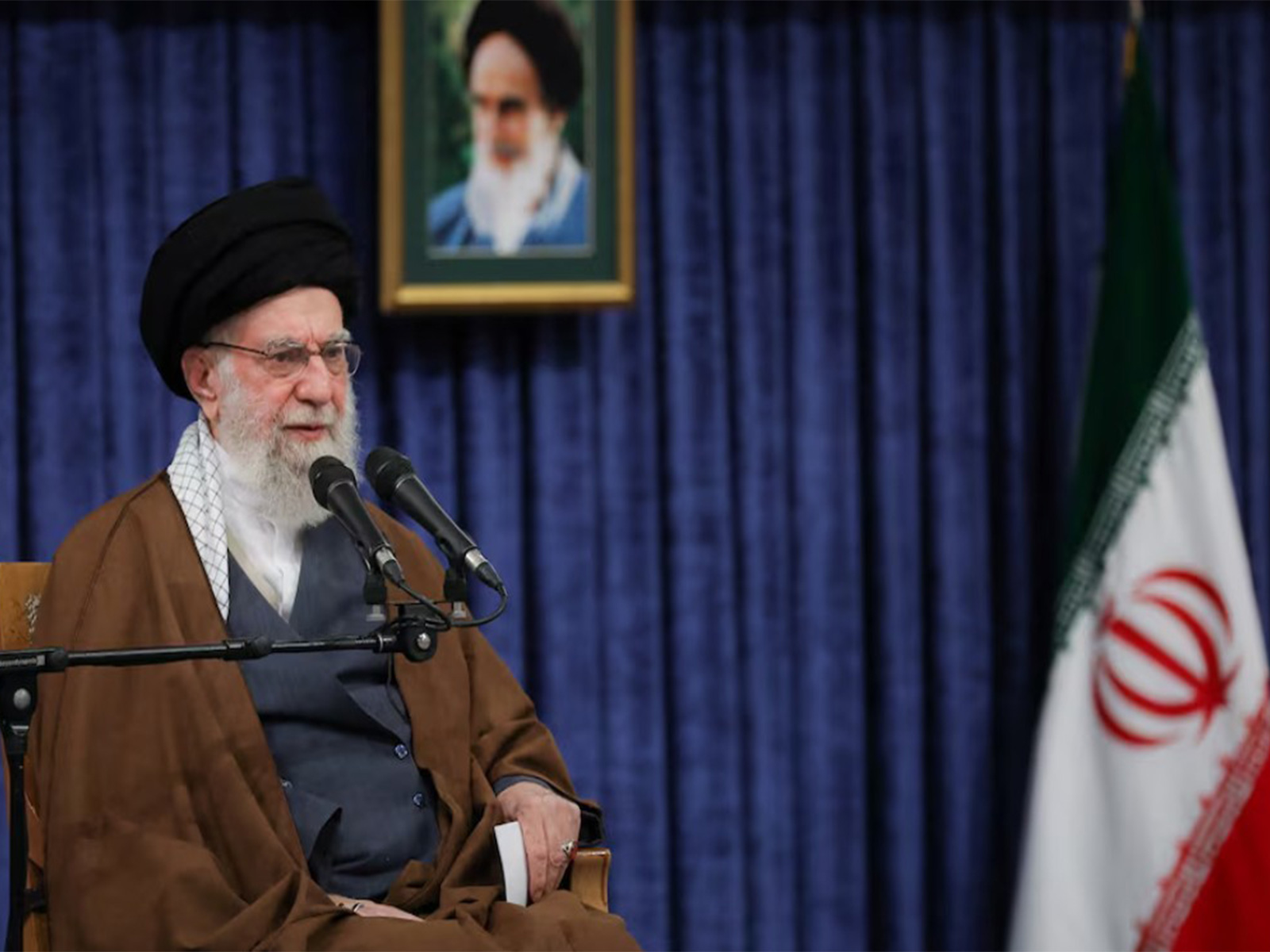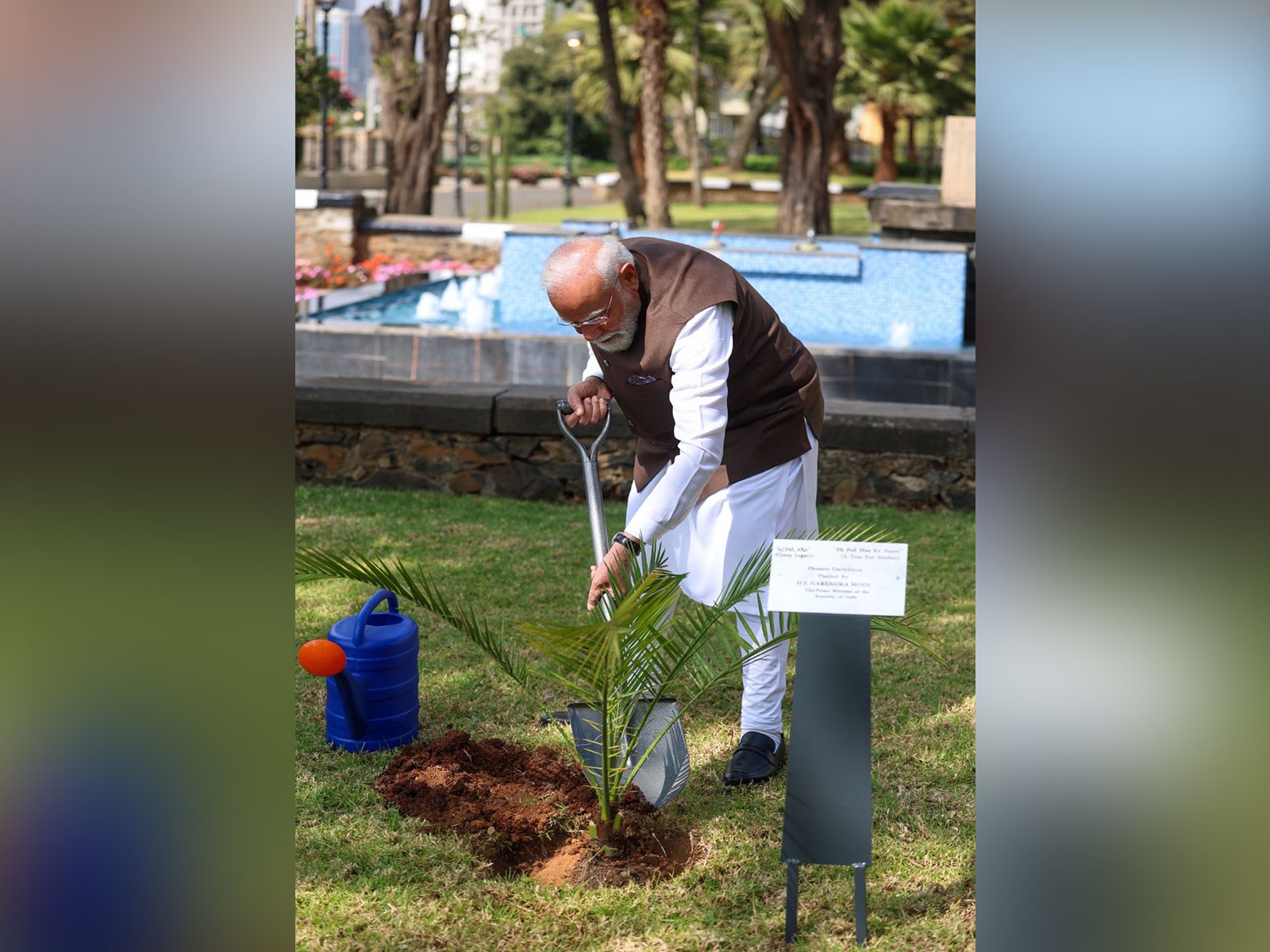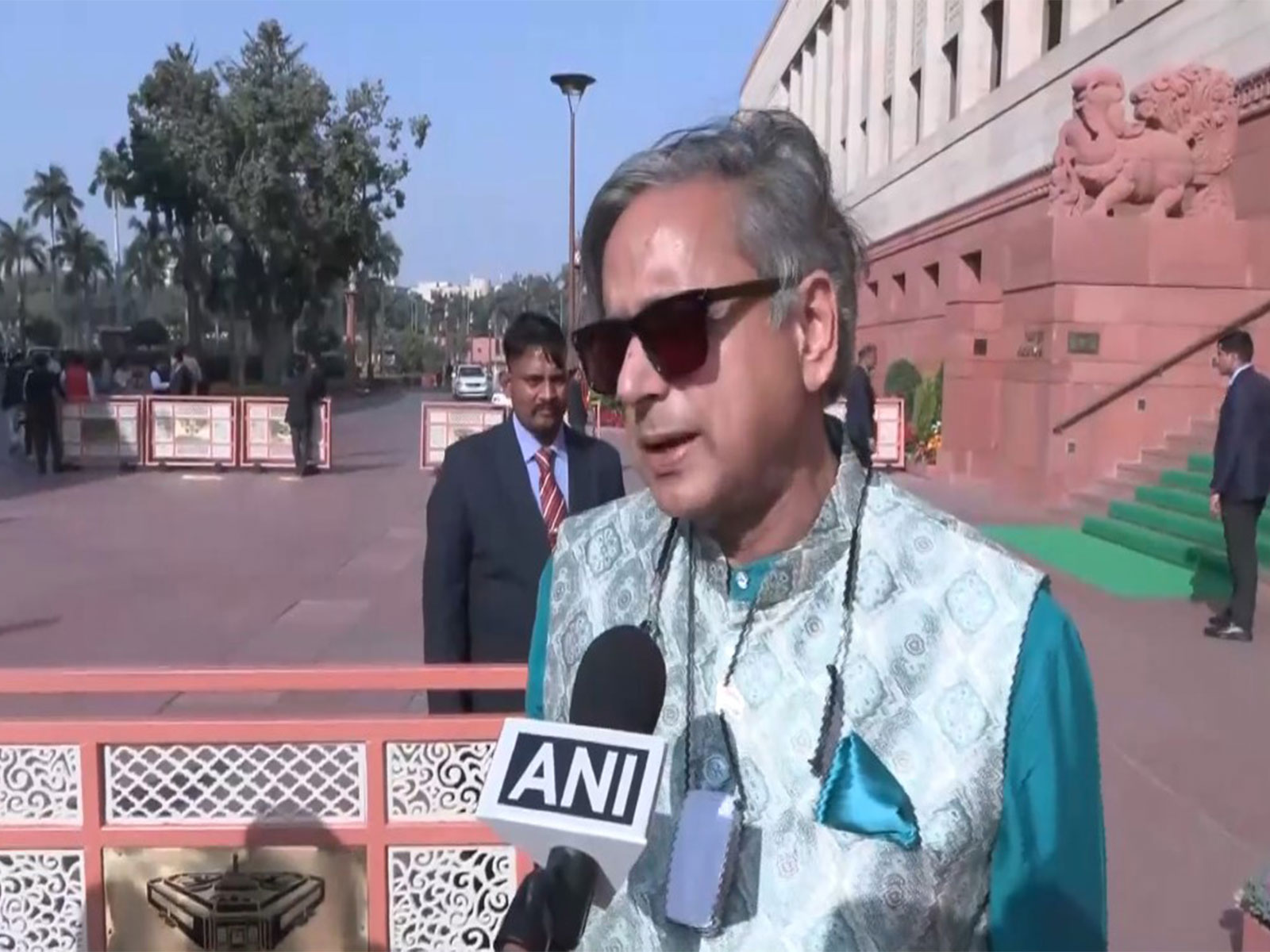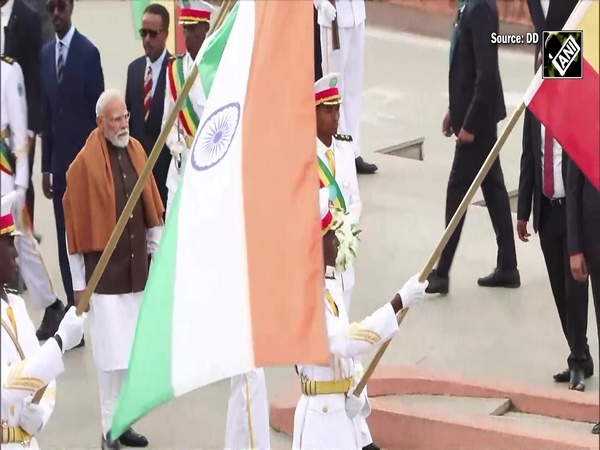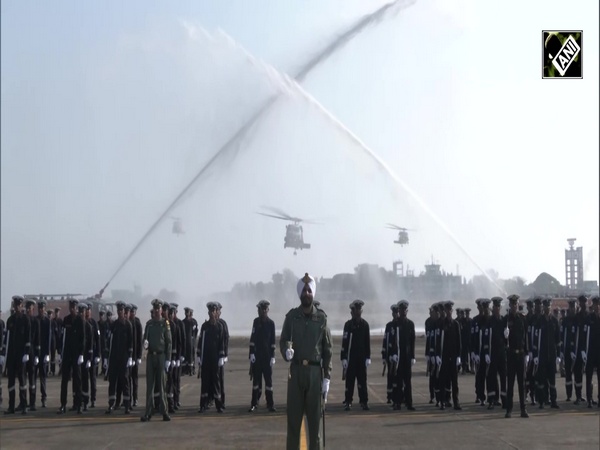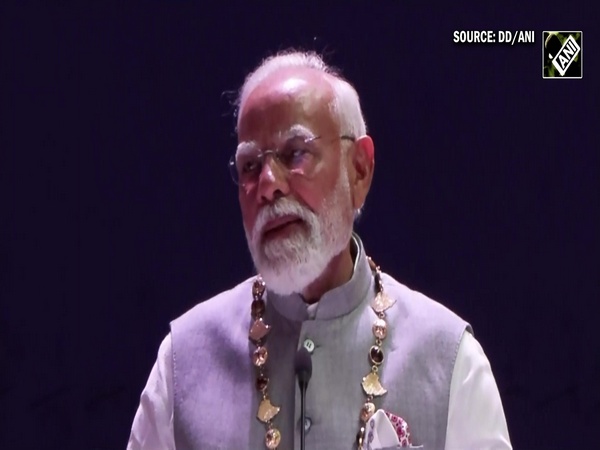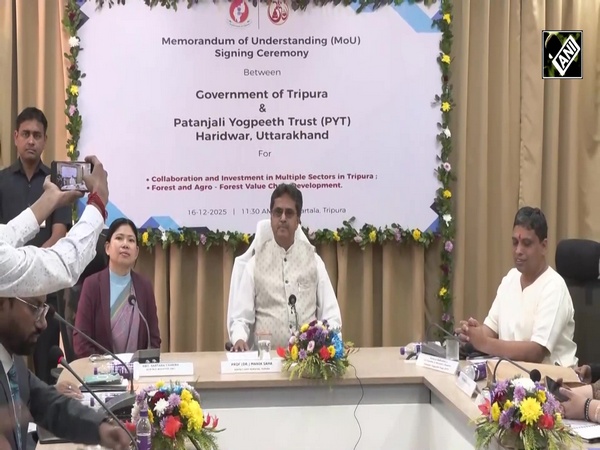G20 Foreign Ministers call for holistic approach to counter terrorism, say all terror acts criminal, unjustifiable
Mar 02, 2023

New Delhi [India], March 2 : Foreign Ministers of G20 countries on Thursday condemned terrorism in all its forms and manifestations as they noted the growing threat from the misuse of new and emerging technologies for terrorist purposes.
The Outcome Document at the end of the G20 Foreign Ministers' meeting held in Delhi also pitched for a more inclusive and reinvigorated multilateralism and reform.
The Foreign Ministers said that all acts of terrorism are criminal and unjustifiable, regardless of their motivation, wherever, whenever and by whomsoever committed. Cross-border terrorism emanating from Pakistan has been a major concern for India. G20 Foreign Ministers called for a holisitic approach against terrorism.
" Recalling the Leaders' Declaration in Antalya (2015), Hamburg (2017) and Osaka (2019), we condemn terrorism in all its forms and manifestations, including those on the basis of xenophobia, racism and other forms of intolerance, or in the name of religion or belief, recognizing the commitment of all religions to peace. It constitutes one of the most serious threats to international peace and security," the Outcome document said.
"We strongly condemn all terrorist acts against critical infrastructure, including critical energy facilities, and against other vulnerable targets. All acts of terrorism are criminal and unjustifiable, regardless of their motivation, wherever, whenever and by whomsoever committed. Effective counterterrorism measures, support for the victims of terrorism and the protection of human rights are not conflicting goals, but complementary and mutually reinforcing. A holistic approach on the basis of international law can effectively counter terrorism," it added.
The Foreign Ministers said there is growing threat from the misuse of new and emerging technologies for terrorist purposes.
"For example, new information and communication technologies have been used by terrorists for and terrorist propaganda and recruitment as well as planning and execution of terrorist attacks. To counter such threats, strengthening of international cooperation, through exchange of best practices, sharing of information and effective mutual legal assistance is crucial. International cooperation, based on respect for international law and led by states and competent authorities, supplemented by engagement with various stakeholders where appropriate, would be most effective."
The Outcome document also talked about linkages between terrorism and organized crime.
" The nature and scope of linkages between terrorism and organized crime, including trafficking in arms and drugs, corruption, money laundering and other crimes which may support terrorism, vary by context, and require effective criminal justice responses. Efforts to increase the effectiveness of international cooperation should be strengthened to deny terrorist groups safe haven, freedom of operations, movement and recruitment, as well as financial, material or political support. The international community should step up efforts to effectively combat these growing threats including through enhancing collective measures to counter money laundering and terrorism financing. We will also step up our fight against corruption," the document said.
" We express concern about illicit trafficking and diversion of small arms and light weapons. International cooperation among States is critical to combat these phenomena, including export, import controls, and tracing," it added.
The Foreign Ministers said that countering illicit international drug supply chains, including synthetic drugs, is essential for global health and security, and requires enhanced cooperation, including through the existing, relevant international legal instruments, to counter the production, trafficking, demand for and illicit profits from these dangerous substances.
"Proliferation of illicit drugs and precursor chemicals should be disrupted at origin, transit, and destination points. We call for inclusive and strong international cooperation, free of unnecessary restrictions, towards this end, including on capacity building and information sharing," the document said.
It said supply chains of both food and agricultural products including fertilizers should be kept reliable, open and transparent.
The doucment said G20 Foreign Ministers met in New Delhi on March 1 and 2 at a time when the world faces multi-dimensional challenges ranging from insufficient progress towards Sustainable Development Goals (SDGs), climate change, pollution and biodiversity loss, to economic slowdown, debt distress, uneven pandemic recovery, growing poverty and inequality, food and energy insecurity and global supply chain disruptions, aggravated by geo-political tensions and conflicts.
"Meeting under India's G20 Presidency, with the theme 'Vasudhaiva Kutumbakam' - 'One Earth. One Family. One Future', the G20 Foreign Ministers deliberated upon current global challenges. They brought focus on strengthening multilateralism, food and energy security, ambitious climate and environmental action, deepening cooperation on sustainable development, counter-terrorism, counter-narcotics, global health, global talent pool, humanitarian assistance and disaster risk reduction, as well as gender equality and women's empowerment," the Outcome document said.
It said the global order has undergone dramatic changes since the Second World War due to economic growth and prosperity, decolonization, demographic dividends, technological achievements, emergence of new economic powers and deeper international cooperation.
"The United Nations must be responsive to the entire membership, faithful to its founding purposes and principles of its Charter and adapted to carrying out its mandate. In this context, we recall the Declaration on the Commemoration of the 75th anniversary of the United Nations (UNGA 75/1) which reaffirmed that our challenges are inter-connected and can only be addressed through reinvigorated multilateralism, reforms and international cooperation," it said.
G20 Foreign Ministers said the need for revitalized multilateralism to adequately address contemporary global challenges of the 21st Century, and to make global governance more representative, effective, transparent and accountable, has been voiced at multiple fora.
"In this context, a more inclusive and reinvigorated multilateralism and reform aimed at implementing the 2030 agenda is essential. We will step up efforts to make a meaningful contribution for the success of the SDG Summit in September 2023, COP28 in December 2023, and the Summit of the Future in 2024. We are supportive of further deepening cooperation between the G20 and regional partners, including African partners," it said.
The meeting recalled the Bali Leaders' Declaration where leaders had reaffirmed that the rules-based, non-discriminatory, free, fair, open, inclusive, equitable, sustainable and transparent multilateral trading system, with the WTO at its core, is indispensable to advancing our shared objectives of inclusive growth, innovation, job creation and sustainable development in an open and interconnected world as well as to supporting the resilience and recovery of a global economy under strain due to Covid-19 and global supply chain disruption.
The document said the G20 countries are deeply concerned by the challenges to global food security exacerbated by current conflicts and tensions.
"Promoting the availability, accessibility, affordability, sustainability, equity and transparent flow of food and agricultural products including fertilizers in all corners of the globe, to fight hunger and malnutrition, is the need of the hour. Supply chains of both food and agricultural products including fertilizers should be kept reliable, open and transparent.
"Promoting efficient, sustainable, inclusive and resilient agriculture and food systems is necessary to address the vulnerabilities of the developing countries. Support for increased cooperation in areas like agrobiodiversity, minimizing food loss and waste, improving soil health, climate-resilient and sustainable agriculture, connecting local, regional and international markets, and strengthening Agricultural Market Information System (AMIS), as well as promoting healthy diets and nutritious foods is essential.
"Systems that underlie food security such as water and fertilizers, should be bolstered to ensure sustainable agriculture and durable and climate-resilient solutions. We reiterate our support for open, transparent, inclusive, predictable, and non-discriminatory agricultural trade based on WTO rules," the document said.
It underlined the importance of full, timely, improved and continued implementation by all relevant stakeholders of the Black Sea Grain Initiative and the Memorandum of Understanding between Russia and the UN Secretariat, that was brokered by Turkiye and the UN on July 22, 2022 as a package, to reduce global food insecurity and to enable unimpeded flows of more food and fertilizers to developing countries in need.
Referring to energy security, the document said undisrupted, sustainable, and resilient supply chains are important to ensure affordable, reliable and sustainable access to energy for all.
"Strengthening sustainable supply chains as well as circular approaches and promoting inclusive investments are necessary to meet growing energy demand."
On climate change and biodiversity, the Foreign Ministers reaffirmed the steadfast commitments of their leaders, in pursuit of the objective of UNFCCC, to tackle climate change by strengthening the full and effective implementation of the Paris Agreement and its temperature goal, reflecting equity and the principle of common but differentiated responsibilities and respective capabilities in light of different national circumstances. "We recall and further urge developed countries to fulfil their commitments to deliver on the goal of jointly mobilizing USD 100 billion per year urgently by 2020 and through to 2025 in the context of meaningful mitigation action and transparency on implementation. We also support continued deliberations on an ambitious new collective quantified goal of climate finance from a floor of USD 100 billion per year taking into account the needs and priorities of developing countries, that helps in fulfilling the objective of the UNFCCC and implementation of the Paris Agreement. We commit to strengthen actions to halt and reverse biodiversity loss by 2030."
The document said that the threat of future pandemics is very real and the G20 countries must work collectively to institutionalize and operationalize the multi-sectoral actions needed for health emergencies prevention, preparedness, and response.
"As demonstrated by the Covid-19 pandemic, we are at a critical stage in global health. Strengthening key aspects of global health architecture, with the leading and coordination role of the WHO, including our support for the process to negotiate and adopt a new pandemic instrument/accord and amendments to the International Health Regulations (2005), support for the Pandemic Fund, improving digital health, and working together with relevant international, regional and local organizations, is necessary.
"We need continued political attention to global health, achieving and sustaining universal health coverage, implementing the One Health approach, and combatting antimicrobial resistance. We should also work towards promoting equitable access to timely, safe, quality and affordable medical countermeasures for all, including for low and middle-income countries. It is important to promote open, resilient, diversified, secure, efficient and reliable global supply chains across the whole value chains related to health. We reaffirm the importance of strengthening of national health systems by putting people at the center of prevention and preparedness and equipping them to respond effectively," the document said.
Referring to development cooperation, the document said the impact of current global challenges are increasingly evident worldwide and felt most acutely by the poorest and those in vulnerable situations, including women and girls.
The Foreign Ministers said that digital economy and green transitions are fundamentally changing the nature of work and leading to new jobs and tasks.
"Skilling, re-skilling and up-skilling of the workforce, particularly under-represented workers, including women, youth and persons with disabilities, is essential for reaping the benefits of knowledge economy and technological progress and for ensuring a just transition. Well-integrated workers with adequate skills benefit origin and destination countries alike."
The Foreign Ministers expressed their deep anguish at the tragic loss of life and destruction across south-eastern Turkiye from the devastating earthquakes.
They said that humanitarian assistance and disaster risk reduction, in the face of natural disasters and other emergencies, sometimes with magnitudes beyond the response capacity of affected countries, international organizations and other stakeholders is of critical importance.
"In this context, there is a need to strengthen international cooperation, on humanitarian assistance and disaster risk reduction, based on humanitarian principles. It is essential to provide humanitarian assistance guided by the principles of humanity, impartiality, neutrality and independence," they said.
The document said global coverage of early warning systems as well as making infrastructure systems disaster and climate resilient will protect lives and livelihoods in vulnerable and disaster-prone developing countries.
G20 countries said they will promote non-discriminatory, unbiased and equal access at all levels for all women to education, national and international sports, and professional opportunities, women's entrepreneurship and leadership, financial and digital inclusion, as well as the enhancement of social, health, care and educational services.
"Our efforts will also include preventing and responding to gender-based and other forms of violence against women and harassment, both online and offline, as well as overcoming gender stereotypes and the uneven distribution of unpaid care and domestic work," the document said.
About 40 delegations participated in the meeting. The meeting was one of the largest gathering of the Foreign Ministers hosted by any G20 presidency.
External Affairs Minister S Jaishankar on Thursday held bilateral meetings on the sidelines of G20 meeting with his counterparts from the US and China.
